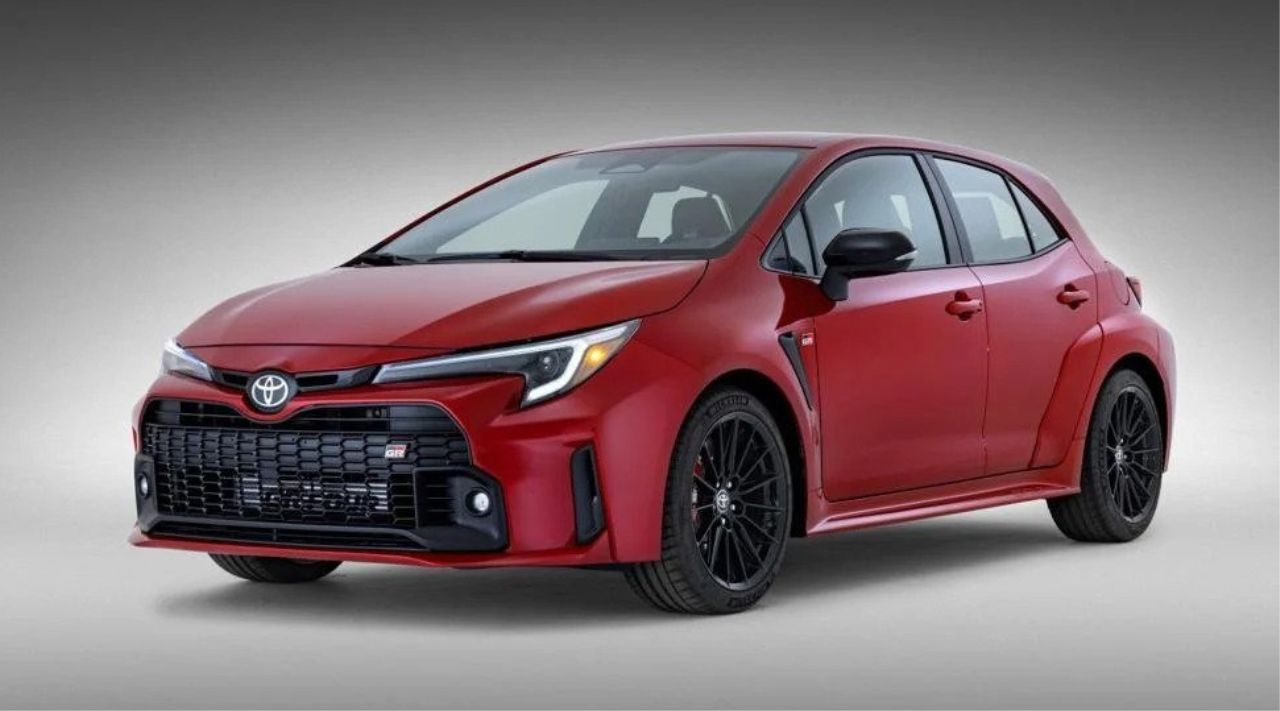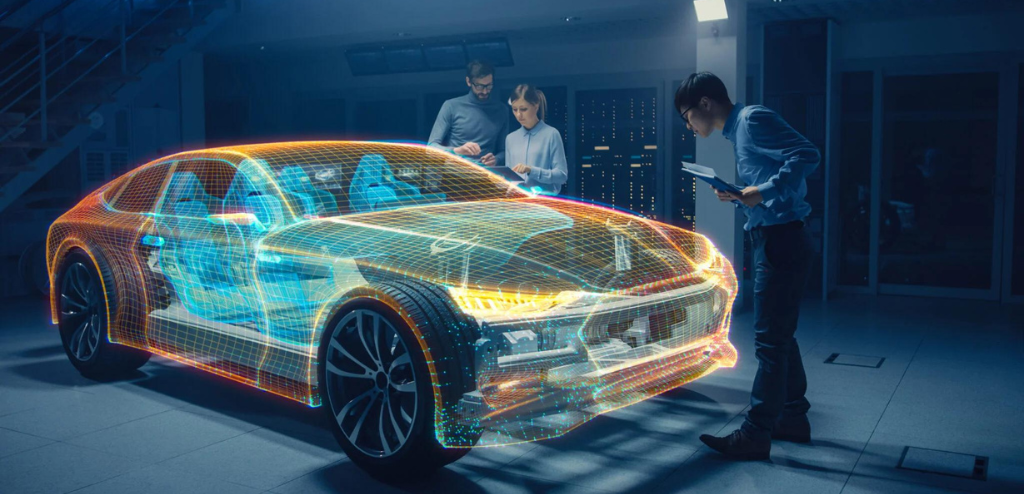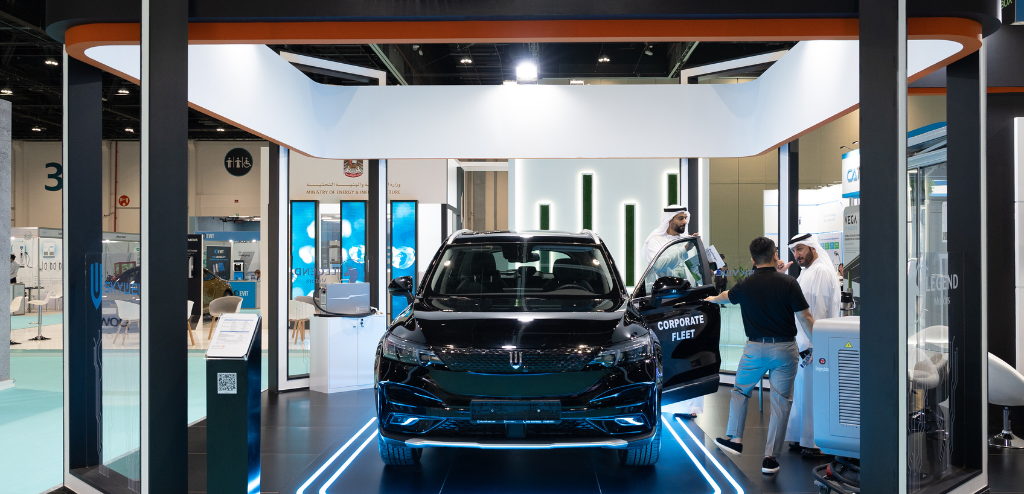
All you need to know about electric vehicles

What's an EV ?
An electric vehicle (EV) operates on an electric motor, instead of an internal-combustion engine that generates power by burning a mix of fuel and gases. Therefore, such a vehicle is seen as a possible replacement for current-generation automobiles, to address the issue of rising pollution, global warming, depleting natural resources, etc. Though the concept of electric vehicles has been around for a long time, it has drawn a considerable amount of interest in the past decade amid a rising carbon footprint and other environmental impacts of fuel-based vehicles
Transport is a fundamental requirement of modern life, but the traditional combustion engine is quickly becoming outdated. Petrol or diesel vehicles are highly polluting and are being quickly replaced by fully electric vehicles. Fully electric vehicles (EVs) have zero tailpipe emissions and are much better for the environment. The electric vehicle revolution is here, and you can be part of it. Will your next vehicle be an electric one?
Advantages of an Electric Car
An electric car can be a great way for you, as a consumer, to save a lot of money on gas. However, there are so many different reasons why you should invest in an electric car in modern-day technology.
Electric cars are entirely charged by the electricity you provide, meaning you don’t need to buy any gas ever again. Driving fuel-based cars can burn a hole in your pocket as prices of fuel have gone to an all-time high.
Emissions
Electric and hybrid vehicles can have significant emissions benefits over conventional vehicles. All-electric vehicles produce zero tailpipe emissions, and PHEVs produce no tailpipe emissions when operating in all-electric mode. HEV emissions benefits vary by vehicle model and type of hybrid power system.
Transport is a fundamental requirement of modern life, but the traditional combustion engine is quickly becoming outdated. Petrol or diesel vehicles are highly polluting and are being quickly replaced by fully electric vehicles. Fully electric vehicles (EVs) have zero tailpipe emissions and are much better for the environment. The electric vehicle revolution is here, and you can be part of it. Will your next vehicle be an electric one?
Low Maintenance
Electric cars run on electrically powered engines, and hence there is no need to lubricate the engines, anything related to the combustion engine, or a ton of maintenance tasks that are usually associated with a gas engine.
Other expensive engine work is a thing of the past. Therefore, the maintenance cost of these cars has come down. You don’t need to send it to the service station often as you do for a standard gasoline-powered car.
Reduced Noise Pollution
Electric cars put a curb on noise pollution as they are much quieter. Electric motors are capable of providing smooth drive with higher acceleration over longer distances. Many owners of electric cars have reported positive savings of up to tens of thousands of dollars a year.
Performance
Most of the fun of owning a car comes from getting out on the roads and putting it to work. In the past, electric vehicles haven’t had the sleekest image; many have had low expectations as to how well an electric car can do versus traditional engines.
As more manufacturers have piled into the market with their take on electric vehicles, the performance levels of EVs have rocketed. Electric cars are lighter, and – as all of their power is generated from a standing start – their acceleration capability can surprise. Certain brands, such as Tesla, have done a lot to improve people’s perceptions of electric vehicles – the Tesla Model S is one of the fastest-accelerating cars on the market, doing 0– 60mph in just under two seconds.
Easy Driving
In the world of automobiles, electric cars have the simplest driving method. Commercial electric cars come with a transmission comprising of only one long gear and also don’t suffer from the stalling problem as petrol cars do.
This effectively eliminates the need to add a clutch mechanism to prevent that from happening. Therefore, you can operate an electric car with just the accelerator pedal, brake pedal, and steering wheel.











